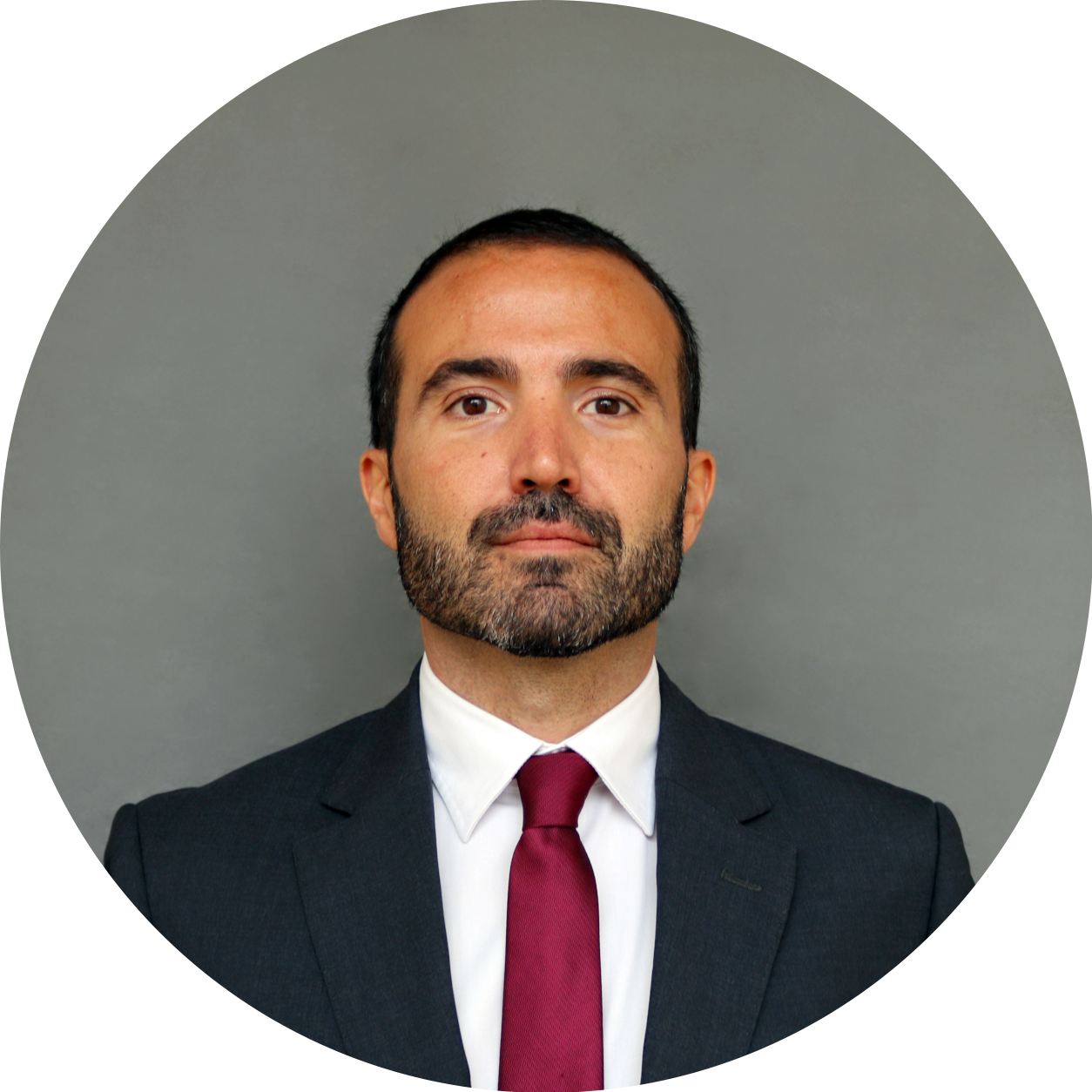Changing the Type of Residence Permit in Portugal: Is It Possible?

Javier Mateo | Lawyer
Life evolves, and so do the circumstances of foreign nationals living in Portugal. Students graduate, professionals are offered new jobs, researchers launch businesses, and younger family members seek greater autonomy. A natural question arises: is it possible to change the legal basis of an existing residence permit, for example, moving from a student permit to a work permit, or from family reunification to independent activity? And what about changing between specific types of residence permits?
The answer lies in the structure of the Immigration Act (Law 23/2007 of 4 July) and its Regulation (Decree-Regulatory 84/2007 of 5 November). These instruments define the categories of residence permits and establish the rules for their renewal and substitution. They also reveal that change is indeed possible when the legal framework is applied carefully.
Article 78 of Law 23/2007 is the cornerstone of the renewal process. It requires that renewals be requested before expiry and that applicants demonstrate sufficient means of subsistence, adequate accommodation, health insurance where applicable, and compliance with tax and social security obligations. Article 78 secures continuity of lawful stay during renewal and grants applicants the right to a hearing before refusal. Traditionally, this provision has been read as a mechanism to extend the same residence category. A work permit renews as a work permit, a student permit as a student permit, and so on. Yet the structure of the Act suggests something more. Article 78 operates in tandem with other provisions that expressly permit change. When the general renewal conditions are met and when the specific requirements of a new category are also satisfied, a change of purpose can lawfully be achieved.
Several provisions illustrate this interaction. Article 90 allows a shift from employed work in a highly qualified activity to self-employment in the same field of highly qualified professions. Article 122 waives the need for a new visa when the applicant already resides legally in Portugal, a rule of enormous importance for graduates who find employment or researchers who establish companies. AIMA also generally acknowledges that family members admitted under reunification may obtain an autonomous residence permit, which subsequently allows them to apply for other categories, including employment or entrepreneurship.
Articles 88 and 89 cover subordinate professional activity, freelancers and entrepreneurs. Article 90 regulates highly qualified professions, teaching or research. Articles 91 to 93 deal with education and internships, Article 98 with family reunification, and Article 90-A with investment purposes. Each of these has its own requirements, and the law generally assumes that permits remain tied to their original basis, including when they are renewed.
And yet, the Act provides a flexible framework. For example, a student who graduates may, if properly documented, move into employment or independent activity. A researcher may shift to entrepreneurship. A trainee or volunteer may become a worker once the programme ends. A family member may gain autonomy and later apply for a permit under another category. Even those on employment, independent activity, or passive income permits may, when qualified, transition to highly skilled activity or others. None of these changes is automatic, but when the general requirements of Article 78 are fulfilled and the substantive conditions of the new category are proven, the law recognises the possibility of lawful change.
In practice, the Agency for Integration, Migration and Asylum (AIMA) tend to apply the law cautiously. Renewals are expected to preserve the same category, and many applications are assessed strictly against the original basis. However, AIMA also relies on Article 78 to accept changes when applicants demonstrate compliance with both the renewal obligations and the specific requirements of the new permit. Article 78 is crucial here because it not only secures continuity of stay but also provides the procedural framework within which residents may present evidence of eligibility for a different category. The hearing before refusal is particularly valuable, allowing applicants to explain discrepancies or to supply documents that show compliance with the new requirements.
Practical examples illustrate how this works. Holders of a D7 permit based on passive income are legally allowed to work or establish a business in Portugal. At renewal, AIMA will check whether passive income remains substantial, in line with Article 78(2). If at the same time the holder can present proof of employment or entrepreneurial activity, the change to a work or independent permit can be lawfully requested. Similarly, students who complete their studies and secure employment may transition to an employment permit, provided they meet both the general and specific requirements.
The Portuguese residence system is therefore neither rigid nor arbitrary. Article 78 of Law 23/2007 provides the backbone for stability and fairness in renewals, but it also functions as the procedural channel through which lawful changes can be requested. When combined with the provisions that expressly permit change, such as Articles 90 and 122, it creates a framework that accommodates life’s natural transitions. The principle is straightforward: the applicant must comply with the general renewal requirements and, in addition, must satisfy the substantive criteria of the new category.
The Portuguese residence regime reflects an adaptability that corresponds to the evolving circumstances of foreign nationals. Academic residence may give way to employment, research activity may develop into entrepreneurship, family reunification may progress toward individual autonomy, and employment may advance into highly qualified activity. Where the general renewal requirements are observed and the specific conditions of the new category are fulfilled, a change of the legal basis of residence is not only feasible but consistent with the continuity of lawful stay in Portugal.
For tailored advice on your specific circumstances, our team will be pleased to assist.










